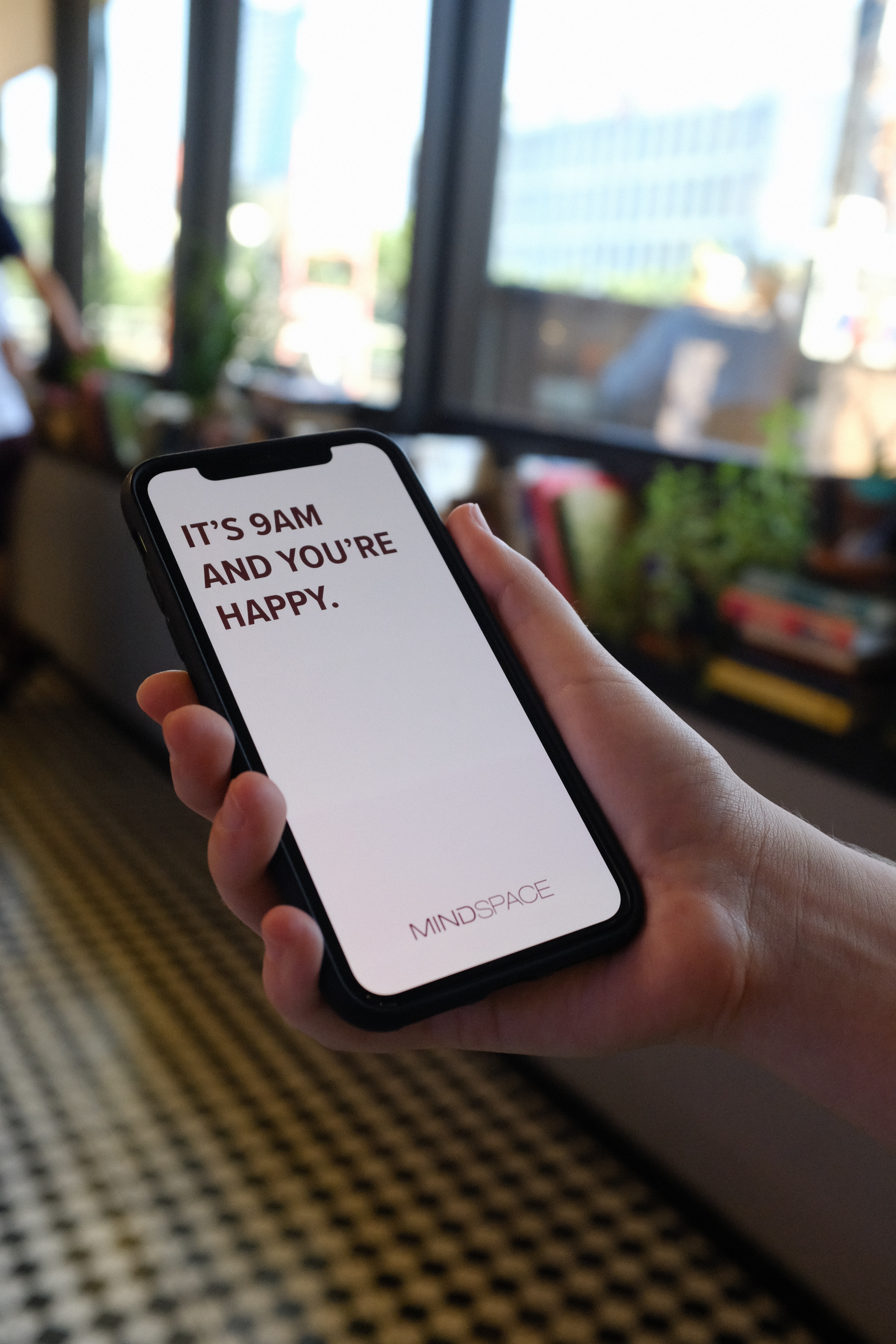The #1 medical diagnosis over the next 5-10 years in the US will be anxiety and depression. In one of the most prosperous and free countries in the history of the world, anxiety is growing at a clip to outpace the ability to treat it effectively! There are a variety of factors that may be generating these astronomic levels of anxiety. Social media is one potential culprit. Studies show that the constant “highlight reel” that is social media makes all of us want to live in everyone else’s “perfect” life. We compare. It’s the 21st century equivalent to the 1950s greener grass on the other side of the fence. Another huge issue that could be responsible for the rampant anxiety the workplace. Most of us spend more time at work than any other thing we do while we are awake. And while there are many factors involved in overall well-being, the workplace environment has the most influence. If you are an employee, how is your workplace? If you are a leader, what are you doing to make it better?
Positive Organizational Behaviors (POB) are actions leaders and organizations can foster to improve the overall well-being and reduce the anxiety of their teams. Positive Organizational Behaviors build hope, resilience, optimism, and self-confidence. These four different ideas have been referred to as Psychological Capital (PsyCap) (Luthans, 2002). If you don’t think these themes make a difference in your team’s ability to perform, try thinking of your team without them! It’s not hard to understand WHY it’s important to build positive, high-performing workplaces. The hard part is doing it! With the coming wave of anxiety and depression hitting our society, that means workplaces will be hit too. It won’t be long before health insurance companies start asking about what you’re doing to mitigate stress levels and anxiety in your organization. Are you ready to show them your plan and then back it up with results?
Luthans, F. (2002). The Need for and Meaning of Positive Organizational Behavior. Journal of Organizational Behavior, 23(6), 695-706.
Photo credit: Photo by Mindspace Studio on Unsplash


